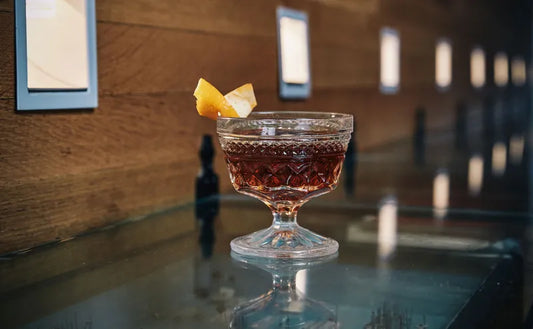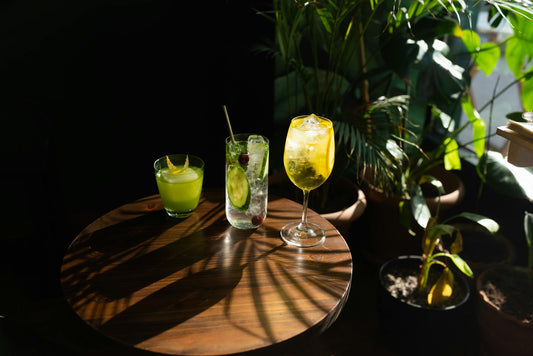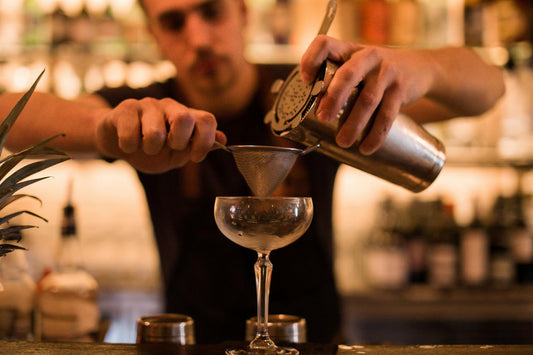Nelson's Blood: A Tribute Cocktail with Maritime History
SWEET to SOUR
(1-10)
STRENGTH
(1-10)
CALORIES
STANDARD
DRINKS
Note: these values are approximate and may vary dependent on the ingredients and brands you use.
More information...
Nelson's Blood is a cocktail that carries with it a rich maritime history, named in homage to the legendary British naval hero, Admiral Horatio Nelson. The drink is a delightful blend of flavors that encapsulates the spirit of the sea, making it a fitting tribute to a man who was known for his daring exploits and leadership during the Napoleonic Wars. The cocktail is not just a drink; it is a story, a connection to the past, and a celebration of naval tradition.
The primary ingredient in Nelson's Blood is Navy rum, ideally with an alcohol content of 54.5% alc./vol. This high-proof rum is a nod to the strength and resilience of sailors who relied on it during long voyages. The rum is complemented by sweetened cranberry juice, which adds a vibrant color and a tart sweetness that balances the robust flavor of the rum. Freshly squeezed orange and lime juices contribute a refreshing citrus note, enhancing the drink's complexity and making it a perfect choice for those who enjoy a tangy twist.
To sweeten the mix, a rich sugar syrup is added, made from two parts sugar to one part water, ensuring that the sweetness is pronounced yet not overpowering. The addition of Angostura Aromatic Bitters introduces a layer of depth, with its unique blend of spices and herbs, rounding out the flavor profile beautifully. The result is a cocktail that is both refreshing and invigorating, with a taste that ranges from sweet to a slightly sour finish, rated at 7/10 on the sweetness scale.
The preparation of Nelson's Blood is straightforward yet requires a bit of care to ensure the perfect balance of flavors. The cocktail begins with selecting and pre-chilling a Collins glass, which is essential for serving this drink at the ideal temperature. The ingredients are then shaken with ice, allowing them to meld together while chilling. Once shaken, the mixture is strained into the ice-filled glass, and a lime wedge garnish is added, providing a visual appeal and an extra hint of citrus aroma.
With an alcohol strength rated at 7/10, Nelson's Blood is a potent drink, delivering a satisfying kick with each sip. It contains approximately 1.8 standard drinks and has an alcohol content of 12.31% alc./vol., making it a drink to savor rather than gulp. The cocktail is also relatively caloric, with about 250 calories per serving, which is something to consider for those mindful of their intake.
What makes Nelson's Blood particularly interesting is not just its flavor but its historical significance. The drink is said to have been inspired by the practice of sailors who would mix rum with various juices to create a more palatable beverage, especially when the rum was of a lower quality. The name itself evokes images of naval battles and the camaraderie of sailors sharing a drink after a long day at sea.
In conclusion, Nelson's Blood is more than just a cocktail; it is a tribute to a storied past, a celebration of flavors, and a reminder of the adventures that await with each sip. Whether enjoyed on a warm summer evening or as a nod to history, this drink is sure to impress and delight.



